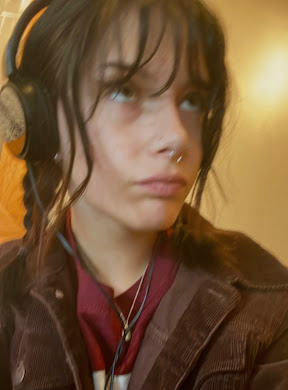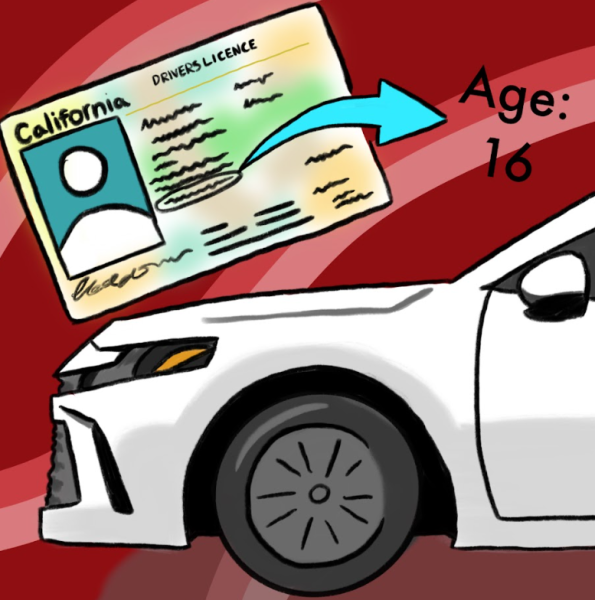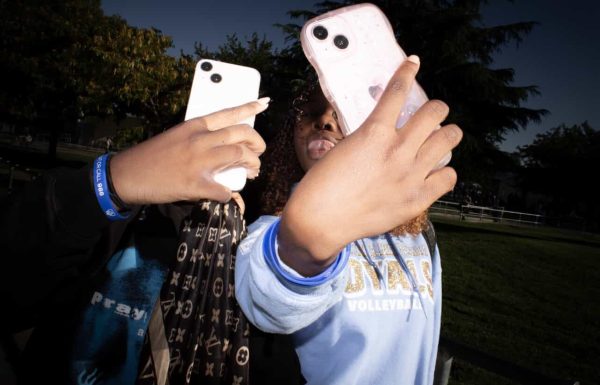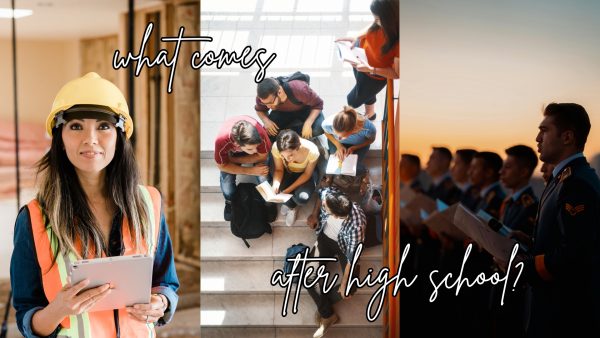The Sensationalising of The Idaho Murders: America’s Victim Complex

Picture by Faith Crossan
My mother has an affliction for true crime. As a child, I’d sit by her feet while “Criminal Minds” or “Law and Order” occupied our TV screen from dinner until the late hours of the night. As an already overly-anxious child, I’d drive myself to exhaustion staying up in bed, flinching at any sound I heard inside my home, conjuring up visions of murderous psychopaths coming to hunt me down. Eventually, it was decided I could no longer watch TV with my mom.
Much has changed in my life since I was seven, but my mom’s obsession with true crime has remained the same. After watching and rewatching every NBC show on crime, my mom has settled for shows like “Forensic Files,” with 1990’s camera quality and outdated references to keep things interesting.
Now, I’m no longer the one terrified to leave the house; my mom has usurped that role. Her daily mantra when I tell her I’m going somewhere consists of “Lock your car” and “Be safe,” usually followed by a horror story she saw on TV the night before of a young girl just like me, whose Achilles was slashed in a parking lot.
This concept fascinates me because I know so many other people like my mom. I’ve even fallen victim to listening to true crime podcasts while I get ready in the morning, some casual gore with my morning coffee. I think it’s natural that we have some morbid curiosity, but where does curiosity cross the line into obsession?
Since the recent tragedy in Moscow, Idaho, my social media timeline has been flooded with women making “In Case I Go Missing” binders, which feature DNA samples of their hair, photos of themself, and contacts of close friends and family. I’ve seen countless TikToks of women who know all of the ins and out’s of the case, people who have searched the deepest parts of the internet to create theories and connect timelines to the murders. People have summarized the twenty-page affidavit released, so fellow “True Crime” followers don’t have to spend time reading the entire document; we are actively “life hacking” court documents.
I’ve scrolled through pages of Reddit forums in which people made bold claims about knowing the suspect, Bryan Kohberger, personally, stating he attempted to attack them once too. Worse, I’ve read hundreds of comments since the case began that blamed the surviving roommates, insisting that this horrific tragedy was an inside job or a revenge killing plotted by the roommates. Rather than seeing these girls as people who just lost their closest friends in one of the most gruesome ways, they see them as characters, building a good story with plot twists and betrayals.
We’ve collectively become desensitized to violent crimes and now view these real cases as entertainment. We watch them from our homes, hungrily waiting for the latest evidence to be released to deepen the plot. The issue is it’s not a plot. It’s not a TV show about crime, loved by moms everywhere. It’s not a matter of “morbid curiosity” anymore or of watching the bad guy get taken down by the end of an episode. It’s real-life horror that real people experience. It’s actual graves that must be dug and tombstones to be engraved. It’s real tears parents and friends must shed. It’s real killers that we are giving the spotlight to, plastering their faces and names all over the internet for everyone to know. We’ve gotten to a place where we know the suspects more than the victims who lost their lives; their names, hobbies, interests, and families.
If you find yourself flinching at noises from your home at night, try turning off the true crime storytime on Youtube. If you find yourself in a Google rabbit hole about a murderer, close your tabs until you can see sunlight again. Curiosity is one thing, but an obsessive victim complex is another. Don’t demonize the world because you’re only looking through the flames. Learn the victim’s names, take the time to practice empathy, and realize there are better things in the world to read that don’t involve real people’s trauma.

“To love the hibiscus, you must first love the monsoon” - Hala Alyan, “Thirty”
The past four years have felt like a monsoon. And now, as the clouds...







